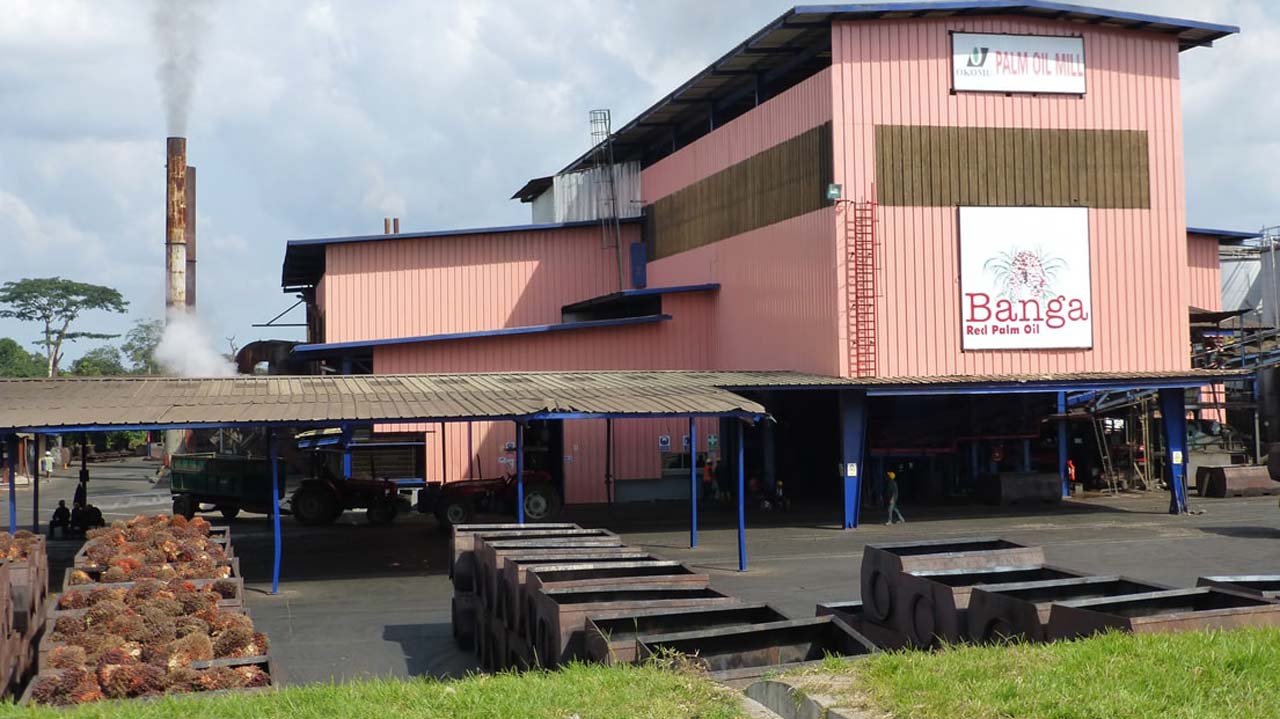* Cites Kaduna model as blueprint for national growth
Kuni Tyessi in Abuja
Founder of the Women Entrepreneurs Association (WenA), Aisha Babangida, has urged the federal and state governments to emulate Kaduna State’s gender-inclusive procurement reforms, describing them as a model for driving national growth and women’s economic empowerment.
Speaking in Abuja Saturday at the 5th WenA SME Conference, themed ‘Policy Reforms and Resilience Strategies for SMEs in a New Economy,’ she praised the Affirmative Action Procurement Reform Initiative led by UN Women with support from the African Development Bank (AfDB) and Women Entrepreneurs Finance Initiative (We-Fi).
Ms Babangida noted that the Kaduna model, which reserves a percentage of public contracts for women-led businesses, waives registration fees and ensures female representation on procurement boards, has demonstrated that inclusive procurement is not just an economic strategy; it’s a catalyst for national development.
According to her, “Kaduna’s model is proof that when we open doors for women entrepreneurs, we unlock prosperity for all.”
She revealed WenA’s new initiative will train and certify women entrepreneurs to access procurement opportunities, urging policymakers to “move from dialogue to action” and replicate Kaduna’s reforms nationwide.
She further underscored that reducing unpaid care work, promoting care-responsive policies, and empowering women economically are “essential pillars for unlocking Africa’s economic potential”.
She commended UN Women Nigeria’s advocacy and highlighted the need for sustained collaboration between government, private sector and civil society to strengthen women’s participation in the formal economy.
Reflecting on WenA’s journey, Babangida recalled the organization’s early challenges navigating regulatory systems, taxes and compliance.
“Passion alone was not enough,” she said. “We saw how complex policies can discourage even the most determined entrepreneurs. That’s why advocacy is essential to ensure systems support, not stifle, innovation.”
Representing the Presidency, the Senior Special Assistant to the President on Entrepreneurship Development, Communications, Innovation and Digital Economy, Ms. Chalya Shagaya, reaffirmed government’s commitment to reducing the cost of doing business under the Renewed Hope Agenda of President Bola Tinubu.
“Women-owned SMEs are at the heart of our economy. Through fiscal harmonization, energy reforms, and affordable financing, the administration is working to ensure Nigerian entrepreneurs not only survive but thrive,” she said.
Also speaking, the Federal Inland Revenue Service (FIRS) representatives outlined key fiscal reforms under the new Nigerian Tax Reform Agenda, including the Tax Administration Act, which simplifies tax compliance, harmonizes levies and exempts SMEs with turnover below N100 million from income tax, effective January 2026.
From the development sector, UN Women Nigeria, represented by Patience Ekechukwu, emphasized that although women constitute 43% of Nigeria’s micro and small enterprise owners, most remain under-capitalized and excluded from the formal economy.
“The challenge is not visibility but transformation,” Ekechukwu said. “We must strengthen the link between policy and implementation to ensure inclusion translates into measurable economic impact.”
She urged stronger collaboration between government, the private sector, and women-led associations such as WenA to close the gender gap in access to finance, infrastructure and digital inclusion.
The conference, attended by policymakers, development partners, and industry leaders, concluded with a renewed call for gender-responsive policy execution, fiscal incentives, and inclusive procurement frameworks to make Nigeria’s business environment more equitable and globally competitive.


